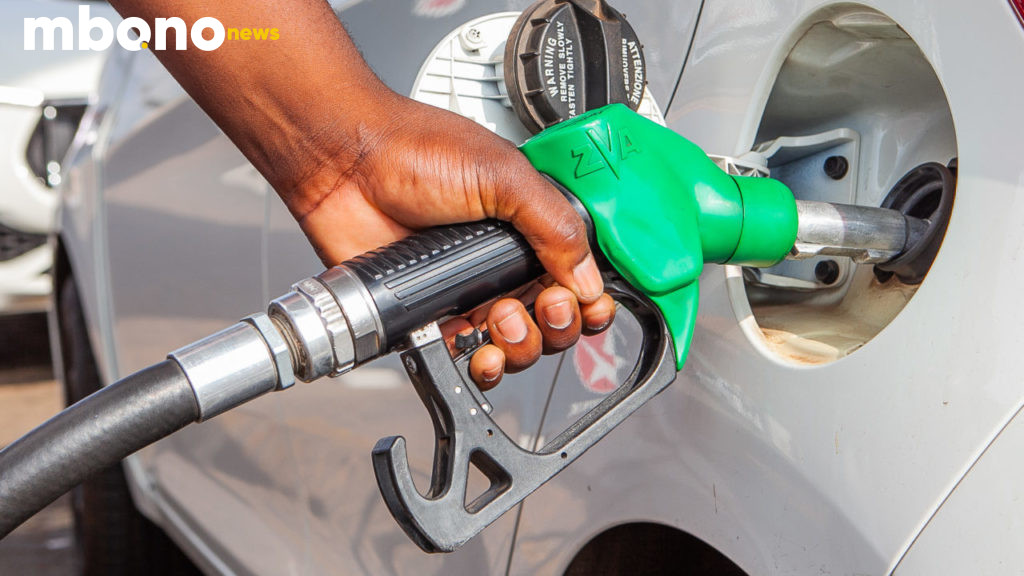In a move that will impact every South African motorist, Finance Minister Enoch Godongwana has announced that the general fuel levy will increase starting June 4, with a rise of 16 cents per litre for petrol and 15 cents per litre for diesel. The increase is part of the government’s ongoing fiscal strategy to generate revenue while balancing the country’s budgetary needs.
What This Means for South Africans
The rise in fuel levies will mean higher prices at the pump, placing additional strain on consumers already grappling with inflation and the cost of living. Petrol users will see an increase of 16c per litre, while diesel prices will rise by 15c per litre.
This levy increase is expected to directly affect transport costs, from commuting to work to the cost of goods and services across the economy, as businesses factor in higher fuel costs.
Why the Increase?
Minister Godongwana explained that the adjustment is necessary to ensure continued revenue for the government’s fiscal needs. The general fuel levy is a significant source of funding for infrastructure projects, including roads and public transport initiatives, while also contributing to broader national funding.
“The increase is in line with government’s long-term goal to ensure fiscal sustainability while addressing the country’s pressing needs,” Godongwana stated.
Economic Impact: A Double-Edged Sword
While the hike is critical for government finances, South Africans will feel the brunt of this levy increase across various sectors. Analysts predict the ripple effect will be felt in industries like public transport, logistics, and agriculture, where fuel is a key operational cost.
Some experts have warned that the increase could further inflame inflationary pressures, raising the prices of everyday goods and making life even more difficult for South African families already coping with financial strain.
Government’s Response to Backlash
In light of the rising cost of living, the government has acknowledged public concern but insists that the measure is essential to fund key infrastructural and developmental projects.
There is also talk of a broader strategy to mitigate the effect of fuel price increases on poorer communities.
Conclusion: The Road Ahead
Starting June 4, South Africans will face higher fuel prices as the general fuel levy takes effect. While the government justifies this increase as necessary for economic stability, the burden will certainly be felt at the pump, and in the pockets of consumers. It’s a move that emphasizes the tough balancing act the government faces between financial sustainability and the need to protect South Africa’s most vulnerable citizens.
